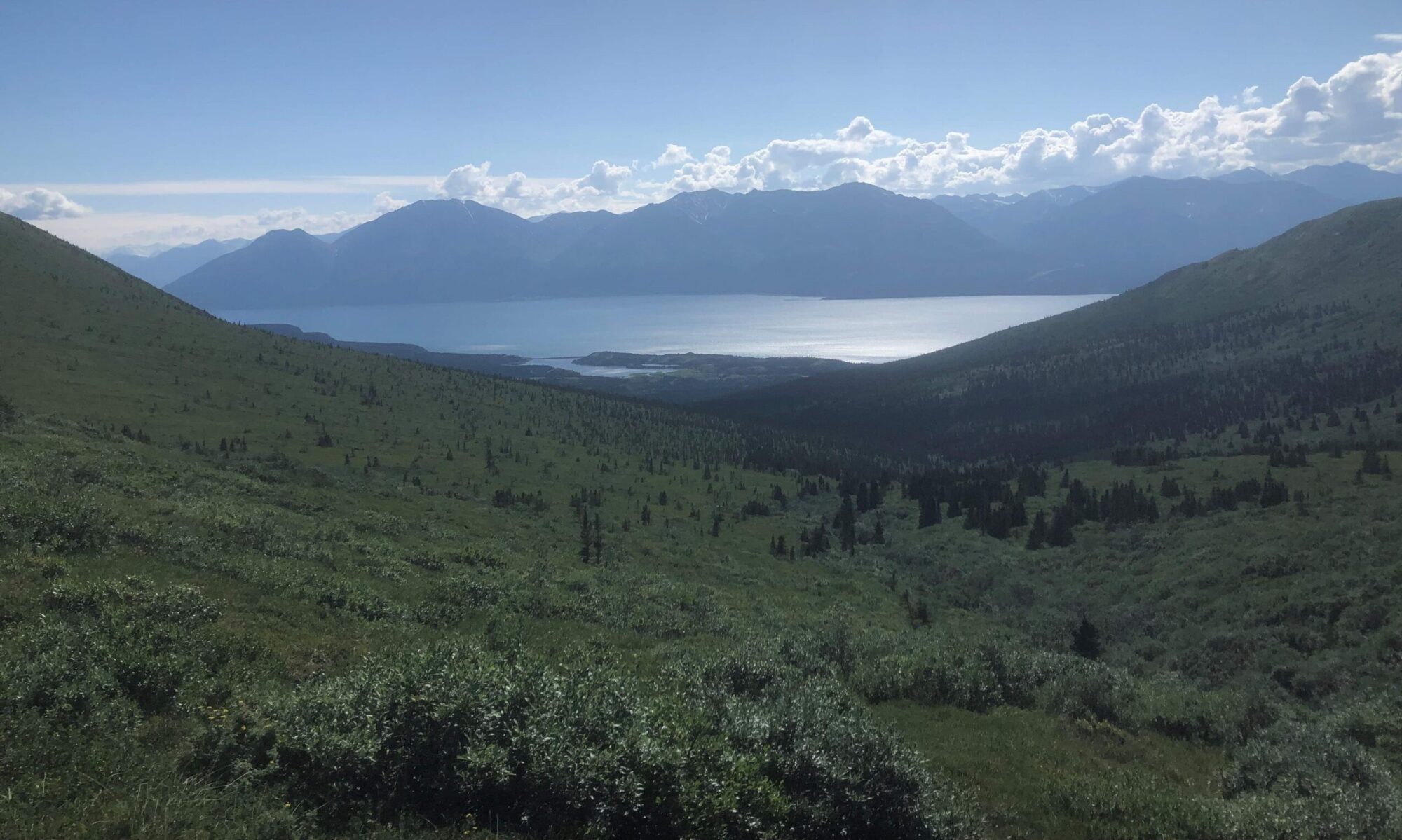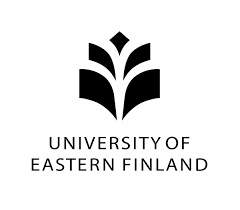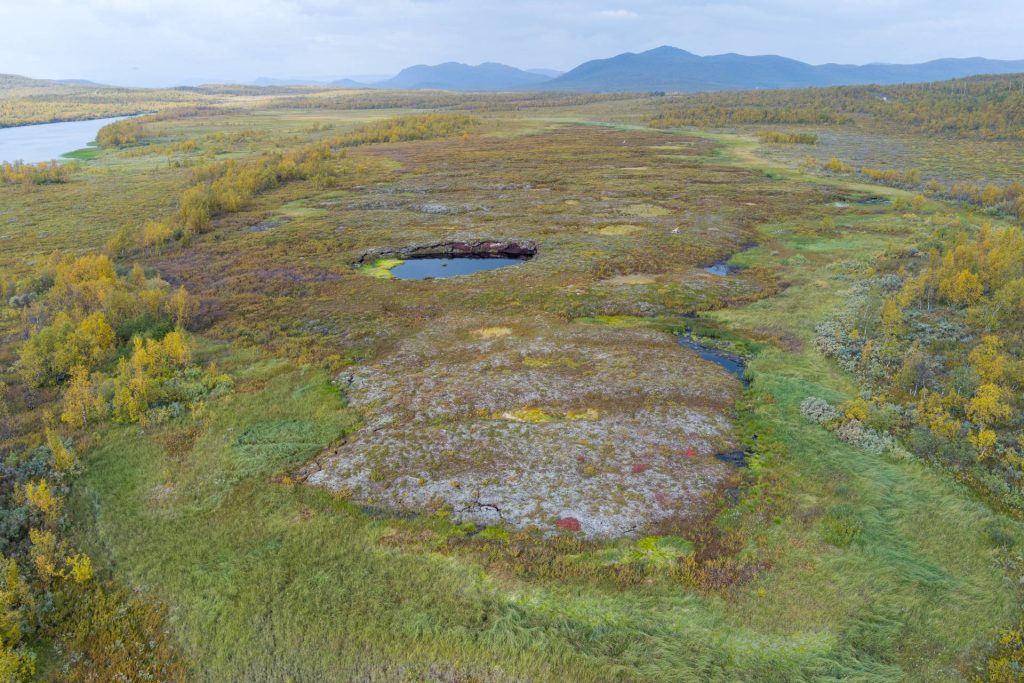There is a new 3-year PhD position in ecology at The Arctic University of Norway (Tromsø) within COAT connected to the FME center Interplay: FME InterPlay – Integrated Hub for Energy System Analyses.
The position is made up of three components:
- Knowledge synthesis: A systematic review of existing research on the effects of infrastructure on terrestrial biodiversity and ecosystem functioning in northern regions, identifying particularly vulnerable habitats, species, communities, and food webs, and comparing these impacts with those expected from climate change.
- Modelling and data analysis: In collaboration with COAT researchers, the candidate will develop ecological models using long-term monitoring data (and potentially new fieldwork in Finnmark) to assess whether climate change and energy infrastructure may have synergistic or antagonistic effects on vulnerable ecosystem elements.
- Assessment of environmental impact practices: A review of environmental impact assessments for infrastructure projects in northern ecosystems to evaluate how well they incorporate scientific knowledge and anticipated climate-driven ecosystem transformations, with the aim of improving current assessment approaches.
Application deadline: 2 March 2026
More information: https://www.jobbnorge.no/ledige-stillinger/stilling/293662/stipendiat-i-oekologi-tilknyttet-interplay-og-coat




